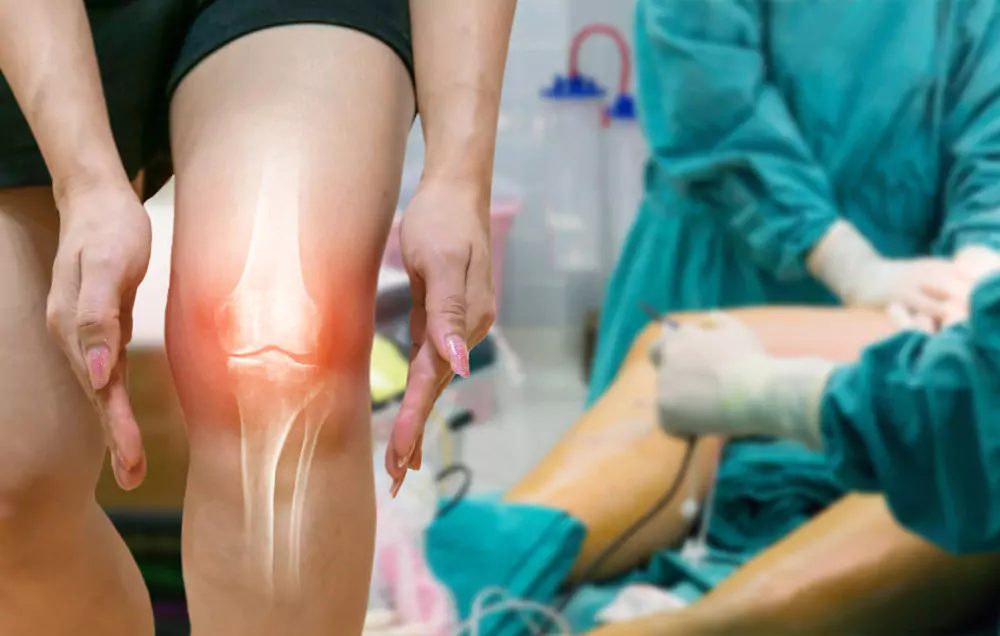PCL Reconstruction

Posterior Cruciate Ligament (PCL) Injuries
What is the PCL?
The Posterior Cruciate Ligament (PCL) is a major stabilizer of the knee. It prevents the tibia from sliding backward under the femur. Though less commonly injured than the ACL, a torn PCL can lead to significant knee instability.
Causes of PCL Tears
Sudden trauma or fall onto a bent knee
Direct impact to the front of the shin
Dashboard injury in car accidents
High-energy collision sports such as rugby or wrestling
Symptoms of a PCL Tear
Pain and swelling immediately after injury
A “pop” may be felt
Difficulty walking or bearing weight
Knee may feel unstable during movement
In partial tears, some athletes may return to sport with physiotherapy and bracing without needing surgery
Diagnosis
Clinical examination and stress tests to check knee stability
X-rays to rule out fractures
MRI scan to assess:
Severity and type of PCL tear (partial, complete, or avulsion)
Associated injuries (other ligaments, bone bruising)
Treatment Options for PCL Tears
Non-Operative Management
Often preferred for partial or low-grade tears
Includes:
Physical therapy
Anti-inflammatory medications
Cryotherapy
Bracing for stability
Activity modification
Regular monitoring is essential. Surgery may be needed if pain or instability persists.
Surgical Management (PCL Repair or Reconstruction)
PCL Repair:
Performed if the ligament is torn at its attachment (bone avulsion)
Reattachment using arthroscopic techniques and fixation devices
PCL Reconstruction:
Recommended for complete or chronic tears
Torn ligament replaced using a graft, similar to ACL surgery
Graft options and surgical method are discussed with the patient
Surgery is arthroscopic and minimally invasive
Post-operative rehabilitation is customized and crucial for recovery and return to activity
